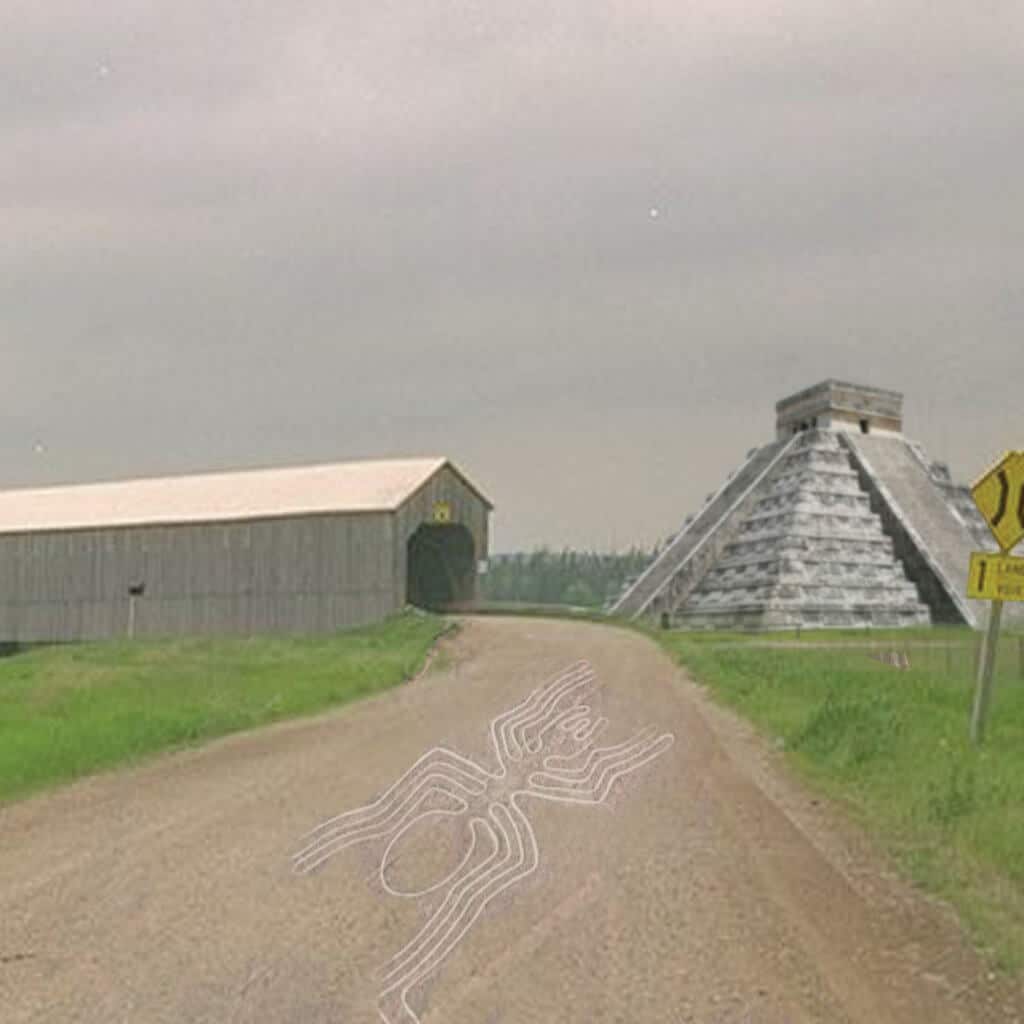Dr. Lauren Beck speaks about her North American research on Westernized toponymy

On Jan. 16, the Geography and Environment Seminar series welcomed Dr. Lauren Beck to present her research on gendered place names in North America.
Beck began by explaining how place names come to be. “Whether or not a place already had a name, [settlers] would conceive of a European-derived name. The types of names that were chosen, for the most part, were inspired from two sources: by either the king, so the patron of the person undertaking the naming… [or] they extracted names from Christianity. At the time, 80 per cent of saint names were masculine,” said Beck.
She used Saint Lorenzo as an example of a masculine place name: “Saint Laurence [is] another masculine – probably white – person manifested in a place just outside of Mexico City. We have this sort of disconnect between the people who live there and the name that they are receiving which is from a completely different geographic context.”
Beck explained that part of the purpose gendered place names served was to create “a sort of vanity map that allowed those men to see themselves on the map.” Beck continued by saying, “Names like these are colonizing and Westernizing; they whiten space. We also acknowledge that they are, not surprisingly, all masculine as well, so we are continuing to struggle to see women on the map.”
Beck also spoke about place names that are less subtle and explicitly involve gender and race. One example Beck gave was Whorehouse Meadow in Oregon. Beck also spoke about naming places after women’s bodies: “There are several places in the United States named for a woman’s nipple. Just one, not both. As far as I know, nipple is not a geographic phenomenon.”
Beck also used the example of a racial slur that refers to Indigenous women. According to Beck, there are 27 places in Canada that contain this word in their name. “This sort of toponymy, beyond making people uncomfortable, also signifies that men can come from women’s bodies in more than one way as women are being used as a place where men can transact their lives,” said Beck.
Following the presentation, there was discussion between Beck and other faculty who attended the talk. Much of the discussion revolved around renaming places and the tension that surrounds this practice. Geography professor Dr. Tim Reiffenstein said, “We’re starting to read North America as Turtle Island. So, what purpose do you see that serving? It seems like already, discursively, there’s a renaming going on, but the name hasn’t gone to a name board or anything.” To this, Beck explained that in order to rename a place, there needs to be some consensus. She said that, in her opinion, because not all cultural perspectives favour calling Canada Turtle Island, it might not catch on officially on a large scale.
The next talk in the seminar will be on Wednesday, Feb. 6 at the Owens, where Ted Rutland will be presenting on neighbourhood planning and race issues in Halifax.





